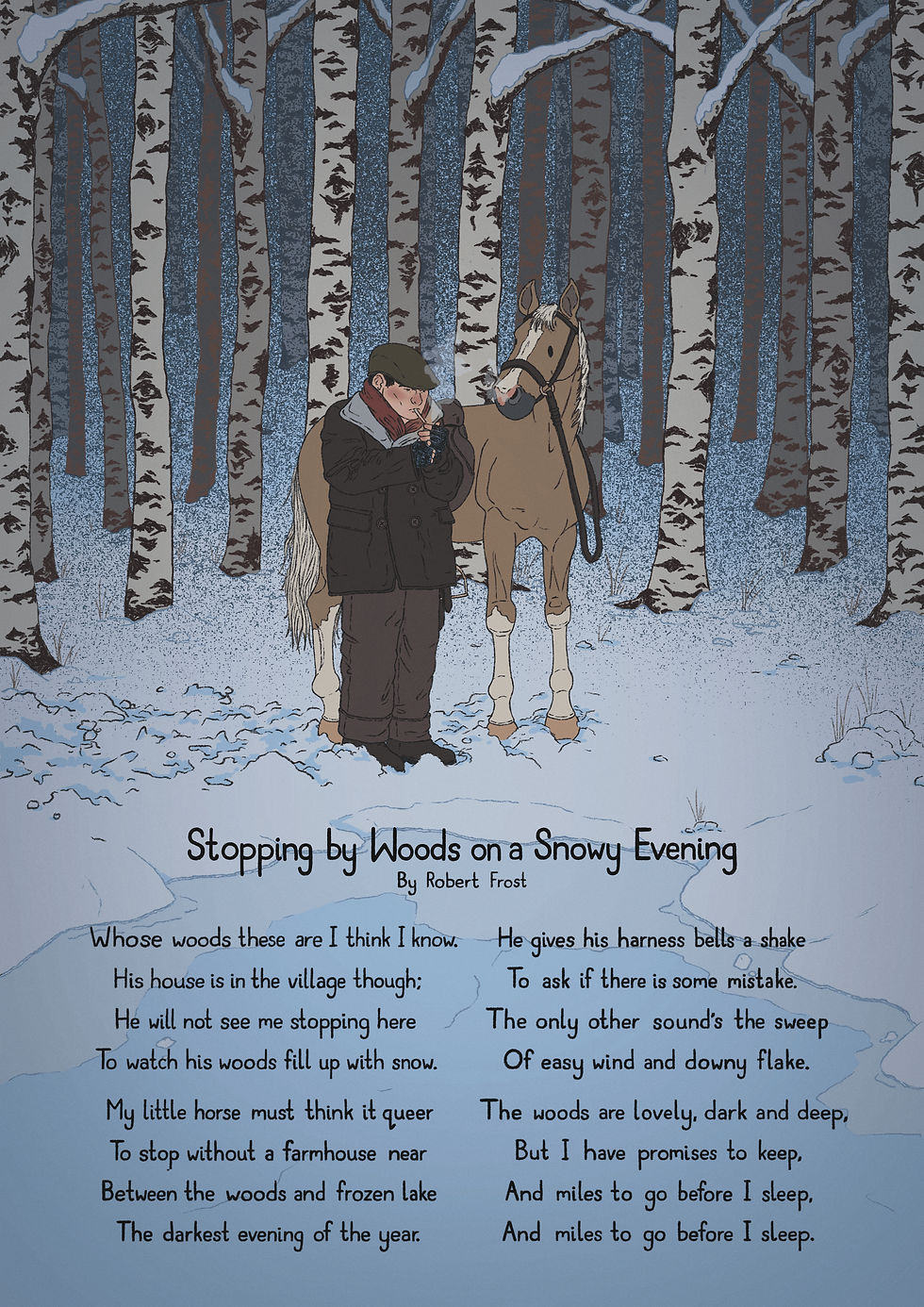WHY IT'S SO IMPORTANT TO SEE THEM
- brookmcbride
- Oct 17, 2024
- 4 min read

Confession. I don’t always read the whole book! It’s not intentional. I mean I usually buy a book with the intention of reading it all the way through, but sometimes I just like the book on my shelf! It makes me look good!
No... I’m not that vain (well I might be...ask Cyndy!), but I do have one book on my shelf that I’m rather proud of. It is a 742-page hard cover book that sits in the “biblical” section of my library. And before you guess "the Bible", it is about as formidable! It has a very scholarly cover, and I truly bought it with the intention of reading it. It’s simply called: “Theology of the Old Testament: Testimony, Dispute, Advocacy”

and it’s written by Walter Brueggemann. And let me tell you this is about as dense as a book as I’ve ever tried to read! This is Brueggemann’s life testament! It reminds me of some of the dense books about Pauline theology that I used to see in my seminary’s library. One like the one written by Victor Paul Furnish, one of my seminary profs, that I could hardly lift!
Anyway, I did give this bool a try! I mean for about 5 years I had it on my “HAVE TO READ LIST” for the new year. And every year I gave it a go. And I made it to page 83! And to tell you the truth, I’m proud of that. Those 83 pages are underlined, highlighted, and full of comments in the margins. It truly is a fascinating book...but the effort it took to wade through all that density just wore me out! It is now in the quilt category of my library...the books "I should" read!
But as I read that book, three revelations came to me about the Old Testament. And miraculously they have stuck! The first is that it is a Jewish book. And as a Jewish book we need to realize that it is not intended to be a linear, systematic, understanding of God. The Bible is polyphonic, and intentionally so. It is not one voice, but many voices. It is not of the same opinion, but a cacophony of opinions! You can’t read one thing in one verse in the Old Testament and say, “This is the one thing God was all about!” We need to read it like it is a part of the Jewish understanding of midrash. A practice where layers and layers of arguments and counter arguments are being brought together. The truth isn’t in the exact words, but in the layered nuances of those words...and sometimes in the margins!
Second, the Old Testament was primarily put together in its current form to help the people of Israel come to terms with one cataclysmic event: the exile! A time in Israel’s life where the temple had been destroyed, and almost all of the leadership of Israel had been captured and taken to Babylon, where they lived in exile. This was a devastating event, and the current form of the Old Testament is put together to come to terms with what was happening to Israel at this time. It doesn’t mean it was all written at that time, just that the pieces were put together and merged together at that time in such a way to make some sense with what was happening at the time of the Exile.
And third...and this one constantly blows me away...is that the Old Testament was never written by the dominant culture of the time. It was a counter cultural movement. It was a testament written by people who had been slaves in Egypt for 400 years. Someone once said that most of history is the history written of the dominating or victorious culture...the rest is forgotten. Well, the Old Testament was not written by the dominant culture, it was written by a culture that had been dominated by others for most of their history. It was written by the outcast...those history had forgotten. It was written by those who didn’t have the power, meant to empower “the least of these” as Jesus puts it. And, by the way, Jesus knew his Jewish heritage, because what he rebels against in Judaism in his day isn’t the heart of Judaism at all. It’s the form of Judaism in his day that was acting as if it was high and mighty, that was acting like the imperial power of the day! He had to rebel.
A good example of this voice of the powerless, is the book of Ruth! Wow! What a subversive book! Read it sometime! It is a book written in a supremely patriarchal time in Israel’s history. It was written in a supremely nationalistic time in Israel’s history. And who’s the hero...or should I correctly say the heroine? Ruth...a WOMAN FROM A TOTALLY DIFFERENT COUNTRY! AN ASYLUM SEEKER! As my preaching prof from seminary puts it:
“In the face of rampant patriarchy and thorough rejection, Ruth still clings to Naomi and vows grandly never to leave. In short, Ruth is very like the YHWH she has chosen to embrace, a YHWH who will never depart from us and will forever offer to us a chesed, an unbreakable love, which will never leave us alone. In this wonderful story, God is a Moabite widow, which, it could be said, is a patriarchal mouthful.”
Cyndy recently listened to a podcast on This American Life called “My Senior Year.” I just finished listening to it. Fascinating stuff. It’s a podcast about a Palestinian girl named Majd. She’s from Gaza and right before the war broke out, she came to the US to be a foreign exchange student. Now she can’t go home. And may not be able to see her parents or sister for more than 10 years. Talk about Exile! And yet, she’s hopeful! Click here to listen.
Why is it important to hear and see people like Majd? Because I think that in order to stay in touch with where our Old Testament comes from, we need to have our ears and hearts glued to people like Majd. Because our story was born out of the hearts of people like her. We only hear the true intent of our scriptures when we are in solidarity with those who are not in power. We only see the true face of our God, if and when we see Majd and so many in her situation.
Your pastor and friend, learning to listen to those no one else seems to see, Brook



Comments